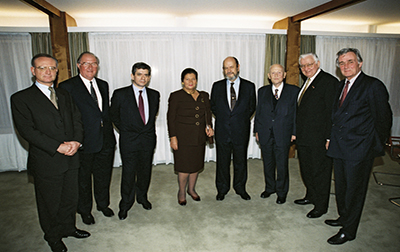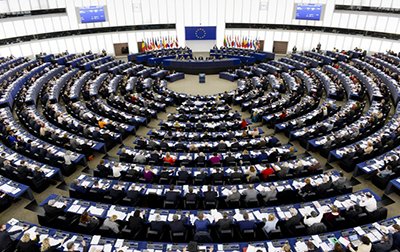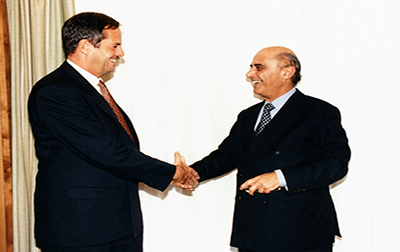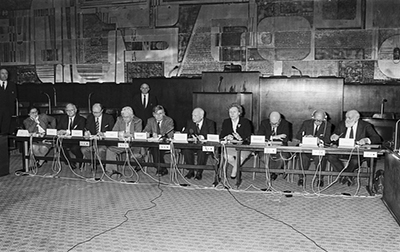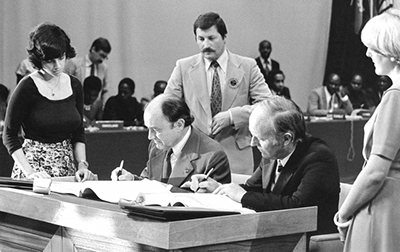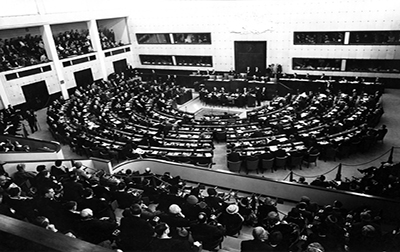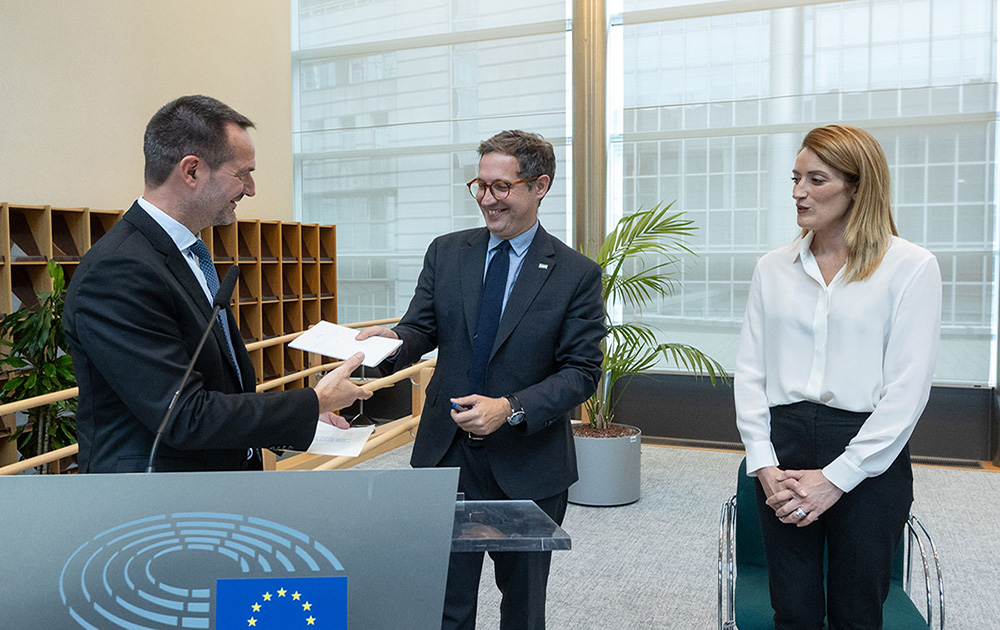The Historical Archives of the European Parliament contain all documents, whatever their form and medium, produced or received by the European Parliament and previous former parliamentary assemblies in the course of their work and kept by their creators for their own administrative purposes. The documents report on legislative and administrative activities since the creation of the European Coal and Steel Community in 1952 and constitute an invaluable source of information for the history of the institution and of European integration and common policies.
What are Fonds?
Fonds are the "whole of the records, regardless of form or medium, organically created and/or accumulated and used by a particular person, family, or corporate body in the course of that creator's activities and functions" (General International Standard Archival Description, Second Edition, 1999). For example, the fonds of a President's cabinet will contain any and all documents saved by the President and their cabinet throughout their presidency.
What's in these Fonds?
The contents of the fonds illustrate the first stages of the European Community, with recorded documents encompassing the 1952-1953 Ad Hoc Assembly, the 1952-1958 Common Assembly of the ECSC and the Committee of the Four Presidents during the corresponding period. They also demonstrate the evolution of parliamentary cooperation between the European Economic Community and the Associated African and Malagasy States (AASM), the current Organisation of African, Caribbean and Pacific States (OACPS).
The iconographic collection includes a group of posters dedicated to the European elections and to commemorative or parliamentary events organised by the European Parliament.
The Historical Archives of the European Parliament do not systematically collect the documents of the political groups or the documents of all Members which are considered private archives. However, any Member may decide to deposit and entrust the European Parliament at any time with documents related to their term of office for the purposes of processing and dissemination.
